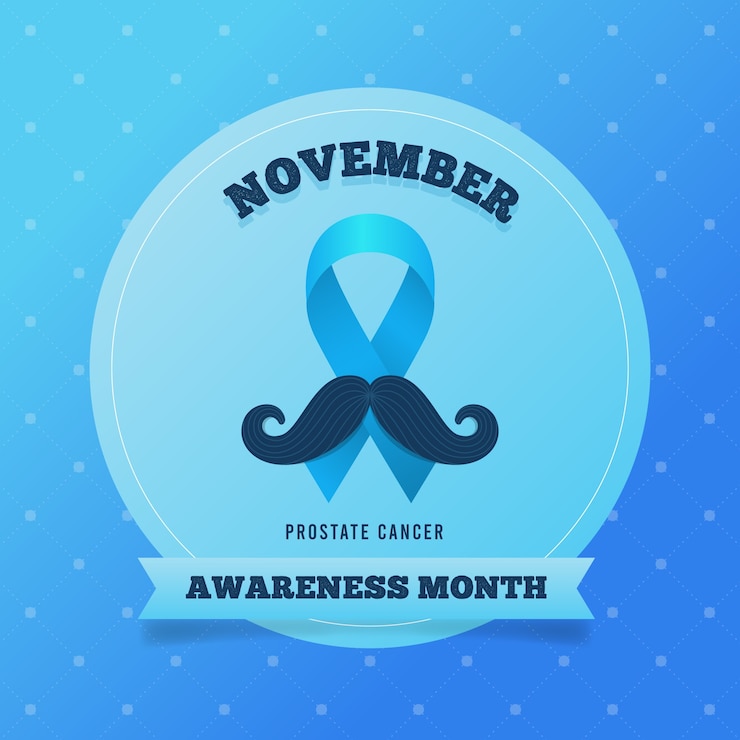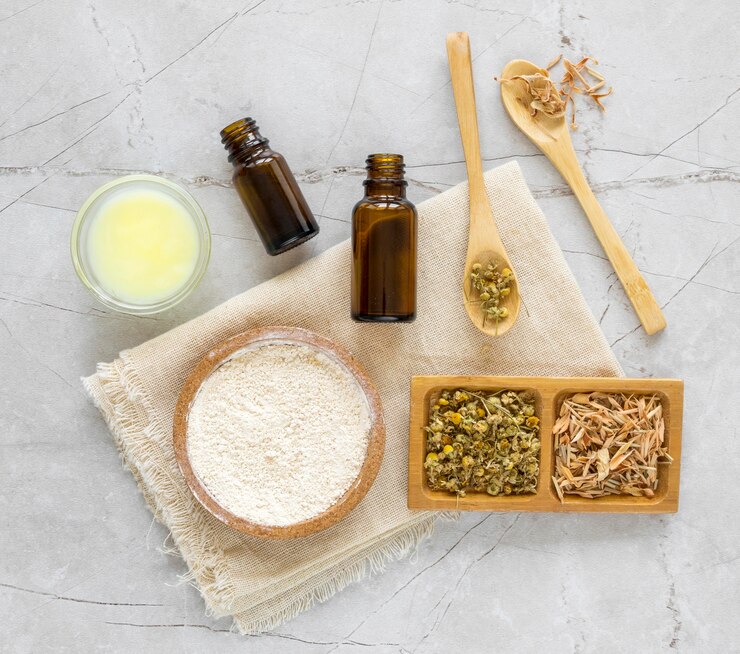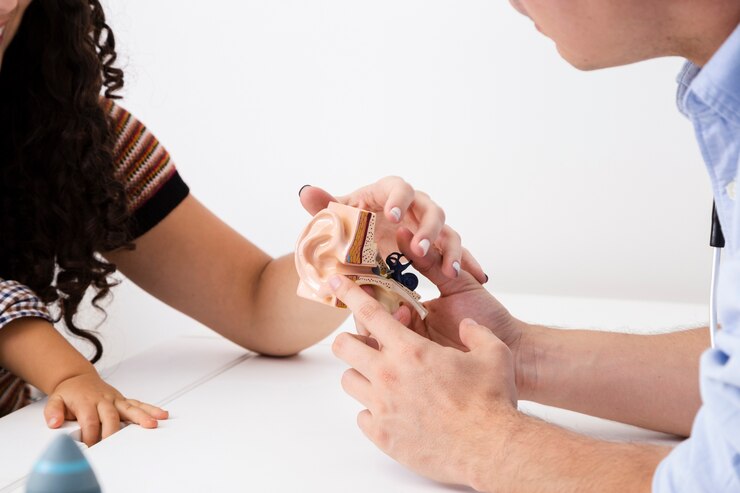
My grandfather was diagnosed with prostate cancer that eventually spread to his colon and liver, and sadly, he passed away. If it had been detected earlier or if his diet had been different, maybe the cancer could have been prevented. In fact, prostate cancer is the most common cancer in men.
Some other family members of mine have also been affected by prostate cancer. That’s why this November, I’m proud to support my boyfriend by growing a mustache for Movember! He works at Mercedes-Benz Canada, a key partner of Movember, so naturally, I’m sharing his donation page (link at the bottom). I’ll post a picture of his mustache once it gets wild and unruly!
As a holistic nutritionist, I’m all about prevention and raising awareness, which is why I really appreciate Movember. I found some interesting statistics about Movember:
– 93% of participants have considered ways to improve their overall health.
– 59% did research on men’s health issues during Movember.
– 87% realized their health depends on how well they care for themselves.
Movember is making a real impact. I’d like to share some tips on keeping your prostate healthy, so you don’t become another cancer statistic.
Consider Zinc: Are you getting enough? About 50% of men with prostate cancer lack this essential mineral, which is crucial for prostate tissue health. Zinc also increases sperm count and motility. Good zinc levels mean lower levels of estrogen and prolactin, reducing the risk of prostate disease.
Zinc helps prevent the formation of dihydrotestosterone (DHT), a potent type of testosterone. As men age and testosterone levels drop, the prostate may convert testosterone to DHT, which can lead to prostate enlargement and potentially prostate cancer. It can even cause male pattern baldness by affecting hair follicles.
Good sources of zinc include:
– Pumpkin seeds
– Sunflower seeds
– Pecans
– Cashews
– Pine nuts
– Macadamia nuts
– Sesame seeds
– Coconuts
– Organic spinach
– Spirulina
– Seaweeds (Irish moss, kelp, nori)
– Oysters
A snack idea: Enjoy a handful of pumpkin seeds with dried apricots!
**Flaxseeds:** A study at Duke University found that men who added 2 tablespoons of ground flaxseed to their diet daily reduced their testosterone by 15%, slowed cancer cell growth, and increased cancer cell death within just 34 days. Flaxseed lignans bind to male hormone receptors, facilitating testosterone elimination.
How to add more flaxseeds to your meals:
– Sprinkle them on organic Greek yogurt
– Blend into smoothies
– Add to pasta, salad, or soup
**Eat Your Veggies:** Lycopene-rich vegetables like tomatoes (especially tomato paste), spinach, kale, mangoes, broccoli, and berries can reduce the risk of prostate cancer if eaten daily.
Fun fact: Eating good fats like avocado or extra-virgin olive oil with your lycopene-rich veggies enhances lycopene absorption. For a recipe, check out this delicious tomato salad: [Local Tomato Salad Recipe](http://www.joyoushealth.ca/2011/09/01/beautifying-local-tomato-salad-with-fresh-basil-avocado/)
**Limit These Three:**
– Alcohol, especially beer
– Caffeine
– Sugar
These can negatively affect how your body metabolizes and clears testosterone.
**Reduce Your Toxic Load:**
Aim for a diet free from pesticides and other contaminants found in everyday products (like your carpet or window cleaner). Michael Murray, ND, suggests that the rise in prostate cancer cases reflects our increasing exposure to toxic compounds. A diet rich in whole, minimally processed foods can help prevent prostate cancer and protect against these toxins.
A simple detox tip: Start your morning with lemon water on an empty stomach.
As I mentioned, my boyfriend is participating in Movember, and if you’re interested in supporting the cause, you’ll find the link to his donation page here: [Movember Donation Page](http://ca.movember.com/mospace/2209390/). Even a small donation of $10 can make a difference! Thank you!
Wishing you a wonderful day,
Joy
—
Hi Joy,
My dad is about to undergo treatments for prostate cancer. Do you have any nutritional advice for someone going through radiation therapy? I could really use some insights, and any information you can offer would be greatly appreciated!
Best, Vani
Thank you for sharing! While I’m not an expert on nutrition for radiation therapy, feel free to email me at joy.ca, and I can connect you with another nutritionist who specializes in this area.
—
Hi Joy,
My grandfather also passed away from prostate cancer, diagnosed too late, I believe. I’m torn about donating to Movember because most conventional therapies focus on drugs and radiation, while I’d prefer my money goes towards education and awareness of natural treatments. I’m not sure if my family and friends will understand my position, but this is where I stand.
I’m not sure how much Movember funds go to “big pharma,” but hopefully none, as they don’t need more. Not many cancer fundraising events support natural treatments, but a large part of the funds is used for research, which benefits both current patients and those looking to prevent cancer. Movember also supports people going through cancer treatment, offering everyday programs like grocery shopping or running errands for those who are sick. My main goal here is to provide tips for men to take better care of their prostate, information that’s important to share!
—
**Comments:**
Zinc is indeed important for the prostate, but according to Dr. Philip Rochoutas, when the prostate turns cancerous, it may purposefully down-regulate the ability to concentrate zinc. Thus, it might not be wise to supplement with zinc if someone has prostate cancer. However, obtaining zinc from food should be fine, as the body can regulate absorption.
—
Hello, I’m Kamal Raj, age 55, and I’d like to share some information about prostate enlargement, also known as BPH. This common condition in older men occurs when the prostate presses against the urethra, which can lead to blockage. The main cause is benign prostatic hyperplasia, a non-cancerous enlargement linked to hormonal changes. It’s different from prostate cancer and infections, although these can also lead to an enlarged prostate. If you’re experiencing issues or looking for remedies and medications, visit prosman.in for helpful information. I hope this helps anyone dealing with this challenging condition, allowing them to lead a happy life.


